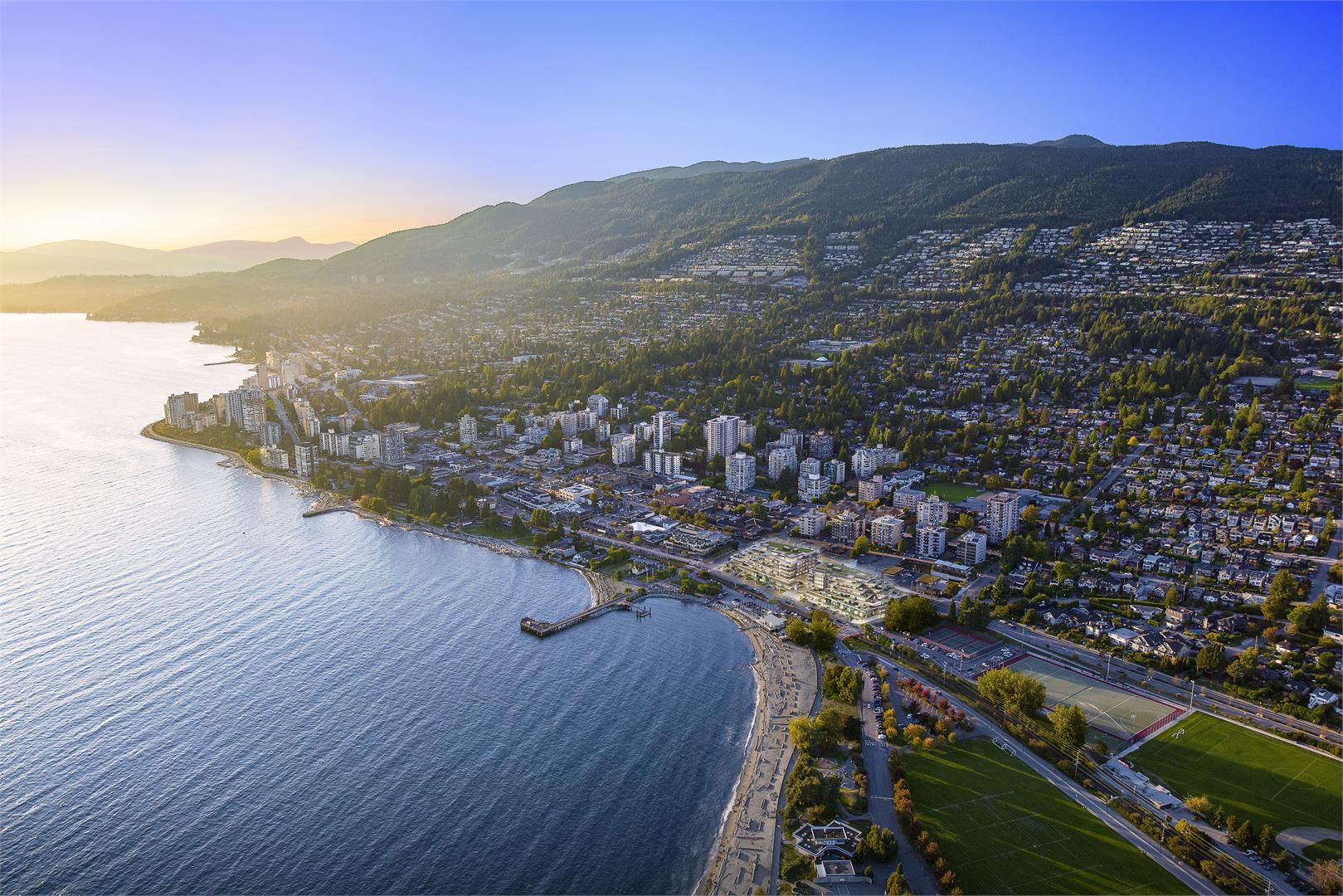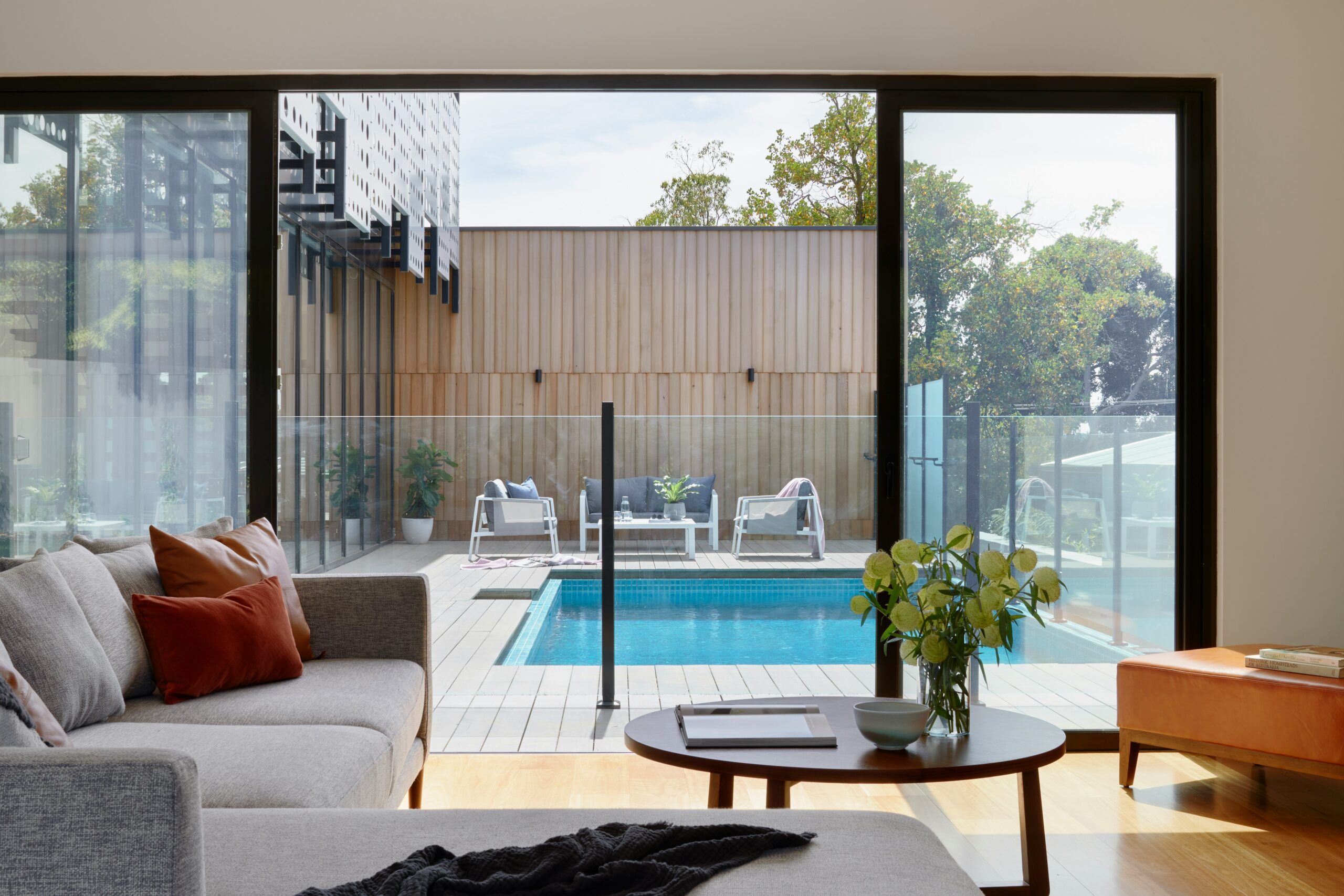Let’s talk about everyone’s favorite topic: Taxes.
Just not the kind due in spring of every year that your accountant looks forward to doing. This kind of tax is the kind that makes you yet again question the state of our Democracy in Canada.
The newly announced BC Home Flipping tax, comes into effect on January 1st, 2025 and is a tax of 20% on the profit made from selling a property within 1 year of buying it and a pro-rated tax on sales up to within a two-year period. This tax will be in addition to the federal flipping tax which says that all profit obtained from the sale of a property will be taxed as business income with certain exemptions such as relocation, death or divorce.
“The purpose of this tax is to free up more homes for people who want to live in them” according to BC Premier David Eby. However, he also stated that the federal flipping tax that came out in 2023 had no effect in lowering the cost of housing. The BC Real Estate Association Economics Department’s preliminary analysis estimates the flipping tax will decrease home sales by between 1-2 per cent over a three-year period. Given the relatively small impact, prices and housing attainability are essentially unchanged by the tax. This is unsurprising, given that short-term flipping represents a low share of sales activity (less than 2 per cent in both Vancouver and Victoria). However, because the government has now implemented a disincentive to sell within a two-year period after purchasing, there will be some potential sellers that are prompted to delay listing, resulting in a lower level of listings inventory than without the tax. As a result, home prices may increase with the flipping tax compared to a no-tax baseline. Personally, I believe the only benefit from this tax is a potential increase in the number of available rental properties in the market from real estate investors who want to wait 2 years before selling. There is no data to support that the rental prices will be reduced from the flipping tax. Premier David Eby and Housing Minister Ravi Kahlon weren’t able to say exactly how many homes were currently being flipped in B.C, but said the tax was expected to make more than $40 million a year in revenue, which is significant. On the other hand, Alex Hemingway, a senior economist with the Canadian Centre of Policy Alternatives, said the flipping tax could ultimately reduce housing transactions and lower revenues for the province from the property transfer tax, which is projected to earn more than $2.05 billion in 2025-26 and increase in future years, according to the budget.The question remains, is over-taxing another investment pathway in BC going to make a difference in the amount of available housing or is this another political move for the government to gain more profits from investors?
If you want more information about how this tax impacts you, give me a callDoris Stratoberdha
(778) 939-6156
doris@caseyarchibald.com
Archibald Real Estate GroupRE/MAX Crest Realty



